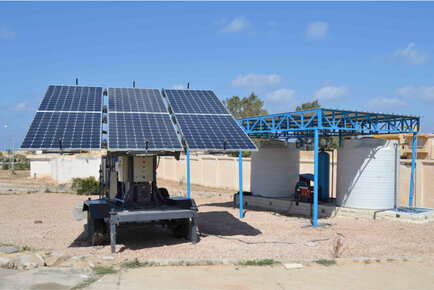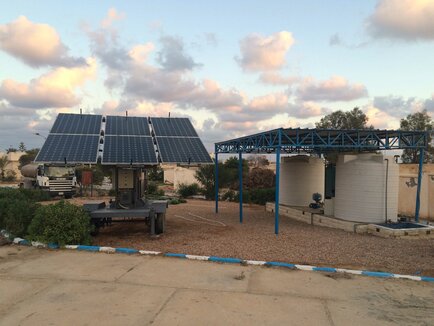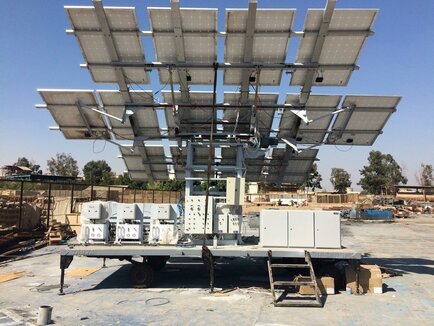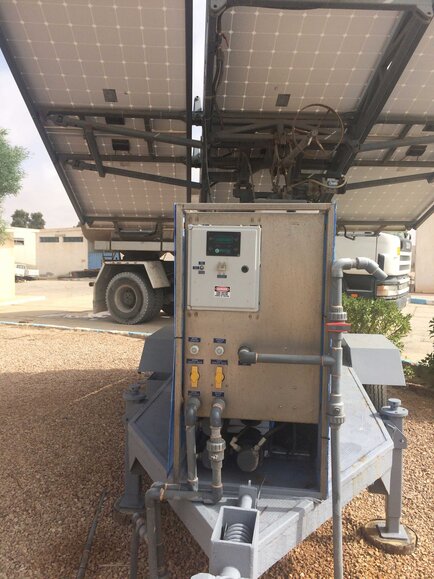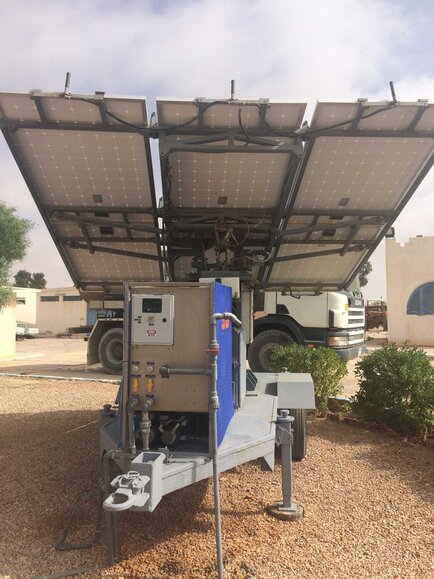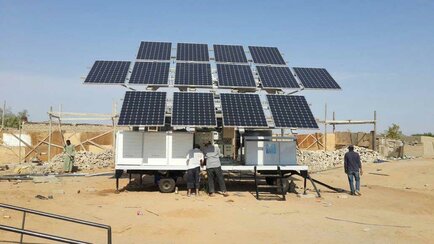Desert Research Center Cairo | Mobile, solar-powered units to provide safe drinking water to remote desert communities in Egypt (English only), Égypte
The LB-1800M is an excellent off-grid water solution when paired with solar power to provide remote communities with safe drinking water.
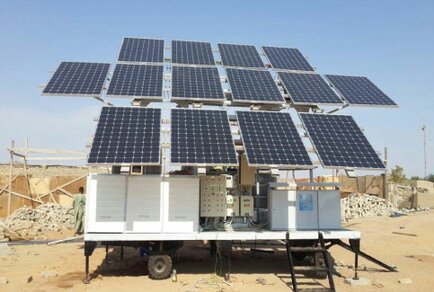
| Projet: | Mobile, solar-powered units to provide safe drinking water to remote desert communities |
| Cliente: | Desert Research Center Cairo |
| Produit: | Spectra LB 1800 F |
| Territoire: | Egypt |
Project description
Reverse osmosis watermakers are an ideal solution for water sources with variable salinity, as they perform effectively with fresh, brackish or seawater. Power use was a top concern, as electricity in these areas is often limited or inconsistent and fuel costs can be prohibitive in remote areas. Solar power was the obvious choice, but conventional reverse osmosis Watermakers require a large amount of power to operate their pumps. The other challenge in this instance was support and maintenance, so highly complicated, fragile systems that require extensive training were not viable options in the rugged desert conditions where the population’s technical education is limited. The solution was the construction of two mobile units that utilize three energy efficient Spectra LB-1800M Watermakers, paired with a rotating solar array. These durable systems will deliver fresh, safe water from virtually all water sources and are completely self-suffi cient on solar power. The LB-1800 can deliver over 6,800 liters of water per day and utilizes as low as 2.5 watts to produce a liter of water, depending on salinity. Each mobile system can produce over 20,000 liters of water when running at full capacity. This level of efficiency is signifi cantly higher than competing systems and makes remote solar operation possible. Utilizing three units as opposed to a single larger system ensures that water production continues if an individual system needs maintenance or repair. The two systems have operated on each of their original reverse osmosis membranes since their deployment in 2013 and 2016. Local technicians have been trained to operate and maintain the systems. Initially, Dr. Shawky’s team would check in daily to make sure the Watermakers were functioning well, but now the technicians are self-suffi cient and only make contact every 6 months. Quality of life has improved for residents of these areas with the arrival of consistent fresh water and the systems operate nearly 24 hours per day.
Product
Dr. Shawky and his colleagues at the Desert Research Institute had been looking for water purifi cation solutions for the growing populations in the Northwestern Coastal Zone, Western Desert and Red Sea Coast in Egypt. These areas have groundwater that varies from slightly brackish to highly saline. Communities in these regions have depended on rainwater collection and trucking in outside water for survival. In desert areas, rainwater is scarce to nonexistent so alternative options are needed.
Summary
The LB-1800M has proven to be an excellent off-grid water solution when paired with solar power, and the Desert Research Center is considering these systems for future deployment.
